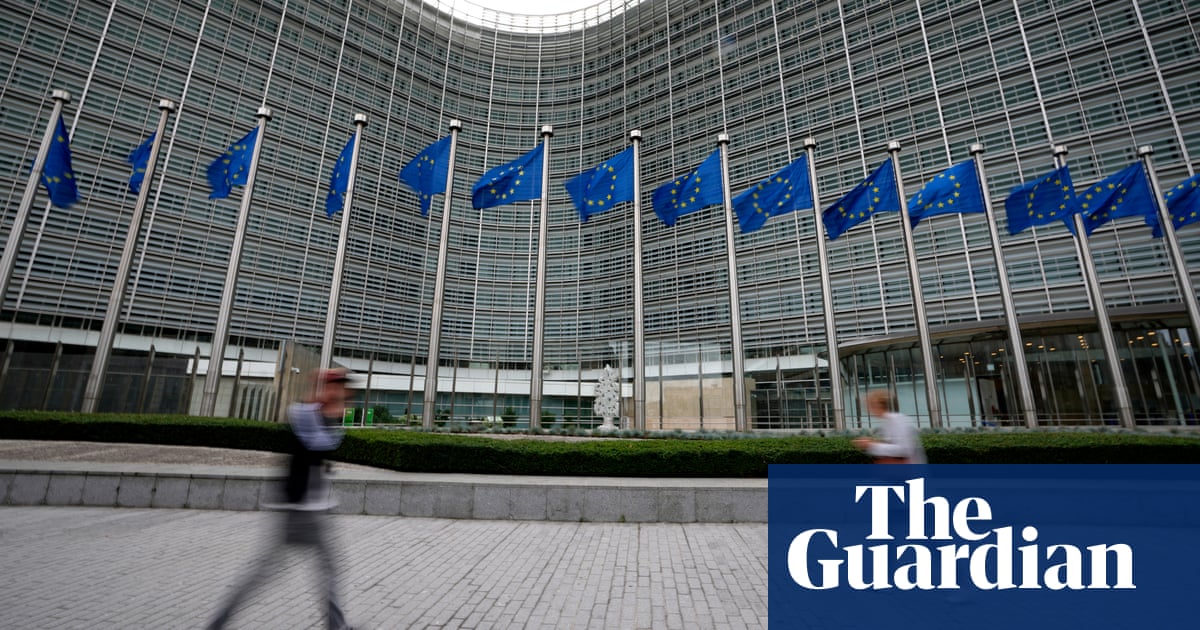
The European parliament is expected to fight off attempts by France and other EU member states to introduce controversial laws that would allow spyware to be inserted on journalists’ phones on the grounds of national security.
If passed, the laws would threaten the confidential sources of thousands of journalists working in the EU and foreign correspondents from the UK, the US and beyond who are based in Europe.
On Wednesday, press freedom campaigners called for the draft proposal to be axed, calling it an authoritarian snoopers’ charter.
“Spyware can under no circumstance be considered necessary or proportionate under EU law,” said the campaigners, from groups including the NGO Article 19, the advocacy group European Digital Rights and the European Federation of Journalists.
The European Media Freedom Act was drafted by the European Commission to strengthen protection for journalists, particularly in countries where the media had come under attack, such as in Hungary and Poland.
In June, campaigners were shocked to learn member states had agreed that spyware could be installed on press computers or phones, with additional powers to spy on journalists’ family members and professional contacts if justifiable.
Sources said France had proposed an even more draconian text and some German representatives raised concerns that national security was the business of national governments and not EU laws.
While campaigners want the spying clause to be rejected wholesale, leading MEPs say a more nuanced approach is needed as spyware is allowed in limited circumstances under national law in EU member states.
“An absolute ban on spyware on journalists” would not “fix things”, said Ramona Strugariu, an MEP and rapporteur on the parliament’s European Media Freedom Act committee.
Instead MEPs will be asked to vote for counterbalancing safeguards that will specify that police and national security agencies cannot use spyware against journalists if it compromises their activities.
Strugariu said: “Spyware is still a tool which is allowed in very specific situations related to national security, so as long as spyware is allowed government will use it.”
The European Commission has also made it clear it does not support the spyware clause as it currently stands. “We cannot give a free ride for spying,” the vice-president Věra Jourová, said this week.
Next week all MEPs will be asked to vote on the draft that resulted from their committee negotiations. If the amendments are agreed, the draft bill will return to the European Council and the European Commission for “trilogue” discussions with the MEPs.
This is a potential battleground, pitting MEPs and the commission against national governments that support the use of spyware.
Last week France was accused of an attack on press freedom after police detained the journalist Ariane Lavrilleux after reports on leaked documents alleging French intelligence services was used to target smugglers operating in Egypt.
Chloé Berthélémy, a policy and campaigns officer at European Digital Rights, said: “I think what’s happening in France regarding surveillance laws is particularly worrying for us. It’s not new, it’s France has developed its own legislative framework since many years in terms of surveillance powers.”












